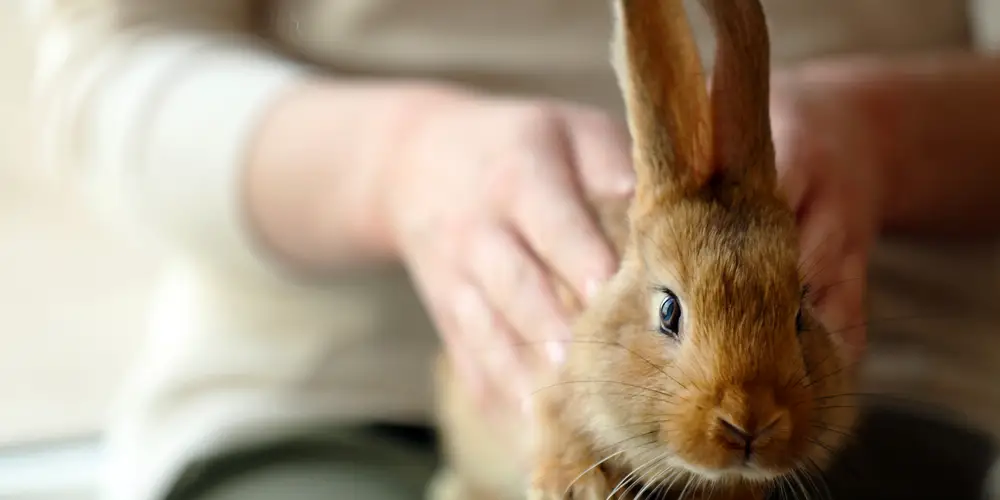Rabbit farming, a captivating venture for many farmers, unveils unique characteristics that make these small herbivores intriguing companions. Among the many facets of rabbit rearing, caecotrophy, which is also called coprophagy, stands out as a fascinating and an integral aspect. Commonly known as ‘night feces’ or ‘soft feces’, caecotrophs represent specialised type of feces produced by rabbits, distinct from the typical hard pellets.
This two-step digestive process involves the production of both hard pellets and soft, nutrient-rich caecotrophs. After an initial round of digestion, rabbits excrete hard pellets, which they generally do not consume. The intriguing part comes in the form of caecotrophs – clusters of soft feces rich in essential nutrients. Rabbits engage in a unique behaviour by consuming these caecotrophs directly from their anus, facilitating a second round of digestion. This process allows them to extract maximum nutrition from their food, showcasing the efficiency of their digestive system.
Caecotrophs hold significant importance for the health and well-being of rabbits. Rich in proteins, vitamins, and minerals; these soft feces provide essential nutrients vital for optimal growth. The act of consuming caecotrophs contributes to the regulation of gut flora, promoting a healthy microbial balance in the rabbit’s digestive system. Farmers, who observe and understand this behaviour, play a crucial role in ensuring a balanced diet and overall digestive health for their rabbit herd.
Failure to engage in caecotrophy can have implications for a rabbit’s health, leading to nutrient deficiencies, weight loss, and a decline in overall well-being. Farmers actively involved in rabbit rearing need to recognise the significance of caecotrophy and create an environment that allows rabbits to consume these nutrient-rich clusters. Witnessing a rabbit actively participating in caecotrophy is not just an observation of a biological quirk, but a testament to the adaptive and efficient nature of these small herbivores, adding an intriguing layer to the art of rabbit farming.


